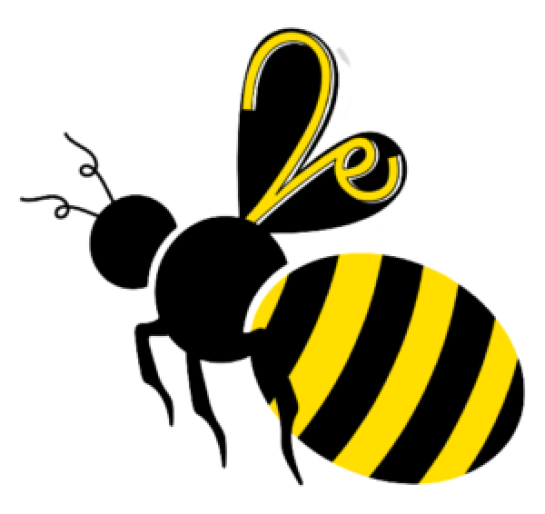5 Ways "A Case Study Approach to Writing Special Education Documents" Will Change How You Look at IEPs

By: Dr. Kathleen Boothe and Dr. Andrea Hathcote
Writing special education documents can be a daunting task, but when armed with the right information, they can be exciting to develop and implement so your students soar with success!
As professors who have both been responsible for helping pre-service teachers learn how to write quality special education documents, we wrote A Case Study Approach to Writing Special Education Documents: From Preschool to Graduation because we saw a gap in the current teaching materials.
Many of our students were not yet in their field placements. How can pre-service teachers learn to write quality special education documents without access to good data? Then, the COVID-19 pandemic arrived, and quarantine further complicated this issue. Now, many pre-service teachers are online and even more distant from actual students and real-time data. We have scrambled for years trying to piece together case studies that provided the necessary components for writing a good special education document, but it never felt like it was enough.
There were many times we sat in our offices searching away at the internet, looking at chapter introductions or little descriptions of student success in textbooks to find case studies for our students to use when writing different special education documents. If you have not tried it, we hope you never do – it is not an easy task! With all the wasted time searching, we decided that writing a case study would be the best option – we would help ourselves and help other educator preparation faculty by filling a gap.
We wanted to provide a “one-stop shop” for professionals where they could get background information on the required components of special education documents, but also provide insight into a family—that human touch you only get interacting with a real student. As we began developing the book, we wanted to make sure that others could benefit from the book as well. We created the book mainly for our higher education colleagues, but we also believe that in-service teachers could use it to practice, especially with a student in which they are not personally invested. The distance gives everyone reading the book the opportunity to focus on technical writing. We wanted to remove the heavy consequences of an IEP meeting and allow the reader to simply practice, experiment, and try to perfect the necessary technical writing.
Our new book will take you through the life of Rochelle, beginning with Head Start and ending with her graduation from high school. Readers will learn about her struggles and her successes. You will also hear from key stakeholders in Rochelle’s educational career. You will get to know Rochelle like she is one of your own students and be able to write all the important special education documents that a student goes through in their education: Individualized Family Service Plan (IFSP), Individualized Education Plan (IEP), a Functional Behavioral Assessment (FBA) and Behavior Intervention Plan (BIP), and finally, an Individualized Transition Plan (ITP).
By following one student throughout her journey in special education, we aim to give readers perspective on how the system should work to build skills, reduce barriers, and support success.
Key takeaways from this book:
- Key resources that we share with our pre-service and in-service teachers
- Tips on writing the key components of a variety of special education documents
- Familiarity with students, their often unique family structures, and their life journey to develop insight when providing a quality education to our students
- Responsibility of the teacher to demonstrate advocacy for student rights and self-determination to all stakeholders, especially reluctant and possibly combative members of an IEP team
- Freedom to practice writing, seek feedback, and improve document development without high-stakes consequences
We hope this case study will come in handy for any professor, pre-service teacher, or current teacher needing a tool to help them practice. It was truly our labor of love. This book is our tiny way of returning something good to the special education community that has done so much for us. May we continue to come together to support our students and teachers in the field!

